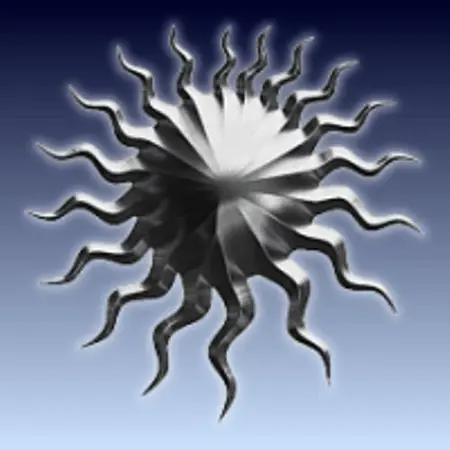Type | |
Stats | 122 83 35 |
Reviews | (15) |
Published | Feb 24, 2025 |
Base Model | |
Training | Steps: 2,000 |
Trigger Words | cs_xl_gl4ss_1 |
Hash | AutoV2 5B92033D2D |
2025-FEB-24
This is a TI (Textual Inversion embedding) that uses 8 tokens in your prompt to make glass + wire images. It should work with base SDXL and any checkpoints, although the precise look will change depending on the checkpoint you use.
Initial version, trained on base SDXL v1.0.
It’s quite a niche model 🙂 I needed a model that made glass + wire sculpture things for a project, so I made this. It did what I needed and can make some quite cool images, so I thought I'd post it here on Civitai in case anyone else found it useful. Please don't upload it elsewhere.
Biggest plus/drawback is that the model likes to make figurines & sculptures - that's what I needed for my project, but can be annoying if you want something different. Adding words like ornament, toy and figurine to your negative prompt can steer the model away from those items. Not perfect, but nothing is.
The trigger word is cs_xl_gl4ss_1 (note the "4" instead of "a"), but you can change that simply by renaming the .safetensors file. If you do, try not to use a real word that SDXL already knows! You cannot change the trigger word if you are using the Civitai generator.
If you are using the Civitai generator, select this model as you would any other, but note that you still have to add the trigger to your prompt. It should be visible in the "Trigger Words" box just underneath the prompt box.
STRENGTH: The trigger word will have maximum effect at the beginning of your prompt. The more you move the trigger to the right, the weaker the effect. And/or, you can use weighting. In automatic1111 and Forge, you would put something like (cs_xl_gl4ss_1:0.8) to get lower strength than the default 1.0. During testing I found that weight values between 0.6 <---> 1.2 were useful.
SHOWCASE IMAGES: They have full prompt and generation data, so if you like the look of any of them, just copy and adjust to your own needs. The checkpoints I used were:
Crystal Clear XL
https://civitai.com/models/122822/crystal-clear-xl
and
Magie_Noire ver5
https://civitai.com/models/505656?modelVersionId=649600
The showcase images just use a prompt with this Glass & Wire embedding; no extra embeddings or LoRAs. They were made in Forge and use the built-in Hires.fix to upscale.
Example settings that worked quite well in testing:
Example prompt: astonishing Social Realism nighttime scene, an illuminated magnificent cs_xl_gl4ss_1 exploding copper woman, very detailed, intricate, crisp edges, fall colour palette, millefiori glass
Negative prompt: ornament,toy,artwork,model,figurine,pumpkin,naked
Steps: 30, Sampler: DPM++ 2M, Schedule type: Karras, CFG scale: 6, Size: 960x960
Hires.fix: Denoising strength: 0.4, Hires CFG Scale: 6, Hires upscale: 1.5, Hires steps: 15, Hires upscaler: 4x-UltraSharp
That results in a 1440x1440 pixel image. I tend to use that because my screen is 1440 pixels high. The trigger in the example is towards the middle of the prompt, but remember you can move it towards the start of the prompt to increase the effect, or towards the end to reduce it.
I know people don’t use it much, but I got some nice results with this Hires.fix upscaler:
Latent (nearest-exact), 20 steps, Denoising strength 0.7.
Yes, a very high denoise. Makes the image busier, but for certain subjects I got great results.
[PUBLISHEDTOCIVITAIONLY]


